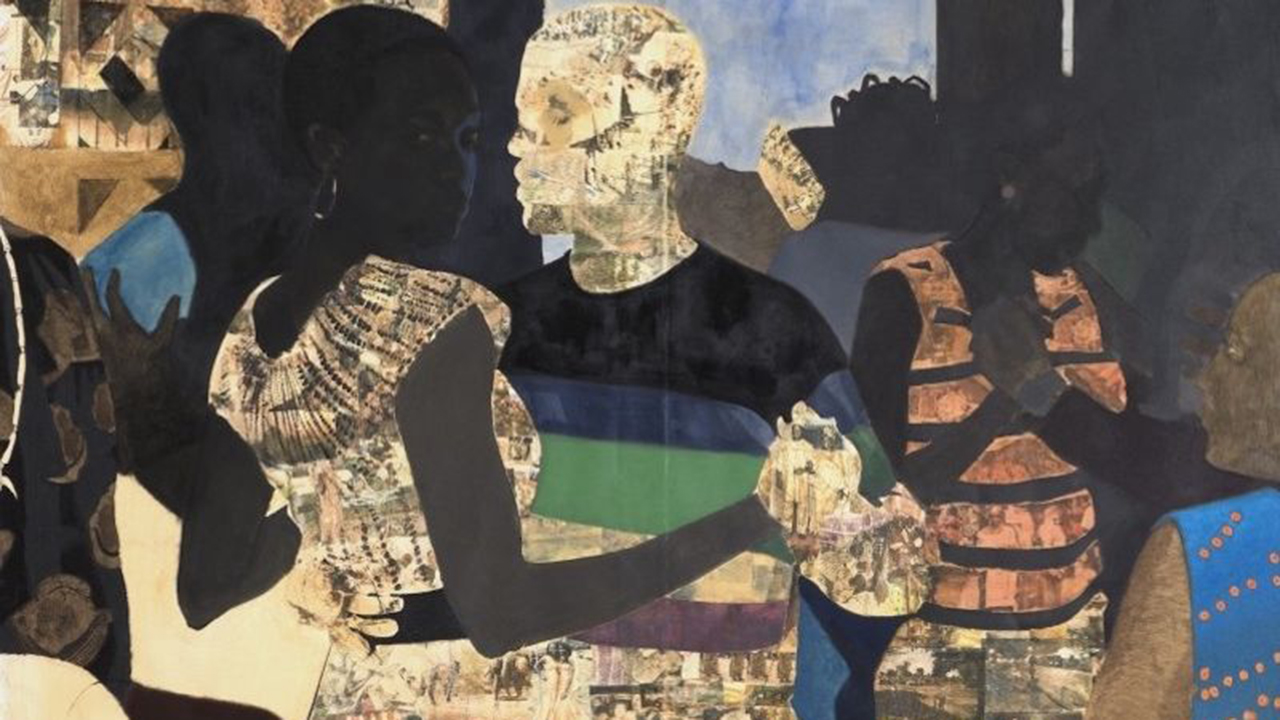Variations on the Great Refusal Instructor: Cecile Malaspina Date & Time: May 21, 28, June 4, 11, 18, 25 July 9, 16 09:00-11:30 ET.

DESCRIPTION: In this Seminar, we will put our finger on the pulse of the crepuscular aesthetics of our times. What are the vital stats of our imaginative powers of contestation in 2021? How do disenchantment and despair feed into contemporary variations on the theme of the Great Refusal? How does the speculative dimension of aesthetics co-exist with the erosion of the natural and cultural commons, the crises of mass migration in the context of climate chaos, or the feedback of vaccine inequity in the ongoing pandemic?
In the historical conjunction marking our generation of creatives, two alternatives present themselves to the obsession with GDP growth and blind faith in technological solutions to the ecological crisis: on the one hand, we are confronted with the apocalyptic aesthetics of the Anthropocene, shearing the world into the options of doom or rebirth; on the other hand we see an escapist projection of the imagination onto a post-human future. However, traversing these great tendencies, and renewing the idea of the Great Refusal in unexpected ways, is a speculative vein in aesthetics and philosophy.
In this Seminar, we will investigate the contradictory destiny of this expression, the Great Refusal, as punctuated by Dante Alighieri, Herbert Marcuse, and Alfred North Whitehead: as (1) denoting the abdication of responsibility before the events that life lays at our feet (those who refuse to step up, who are suspended in time, neither alive nor dead, in the antechamber of Dante’s hell); (2) a second sense, which implies the opposite of Dante’s contempt for the cowardly refusal to step up: the Great refusal of all forms of oppression and domination animating all revolutionary and emancipatory movements (Marcuse). (3) Lastly, there is the more subtle notion of the Great Refusal in Alfred North Whitehead. In Science and the Modern World, Whitehead revives the poignancy of Dante’s expression, the great refusal.[1] But he directs the sting of its condemnation at the full breadth of its metaphysical reach.
At stake are not only the events from which we cannot step back without becoming shadows of ourselves. Whitehead’s use of Dante’s expression, the Great Refusal, refers to the denial of a ‘vital truth.’ The vital truth that must be rescued from reductive rationalism is that all events are decisive in relation to their alternatives, whether or not they are cognized by us. Whitehead’s defense of this vital truth opens up the question of a speculative aesthetics in contemporary artistic and curatorial practices. How do artists hold out against the Great Refusal of a vital truth? In what ways do curatorial practices open up a space for vital truths to manifest in contravention of reductive discourse?
This Seminar aims to restore the complexity attendant to the idea of the Great Refusal in artistic and curatorial practices. It will engage the idea of the Great Refusal as a field of tension and contestation, in which speculative aesthetics and reason intersect. At stake is the capacity of art and philosophy to outwit the pathologies of the great refusal.
Indeed, the crepuscular aesthetics of our generation has a melancholic relation with the emancipatory verve of earlier historical instances of the Great Refusal. We must not forget that its ambivalence, is compounded by the motley reclamations of today’s culture wars: the clamour of anti-white, anti-male discrimination, decrying gender- and eco-terror in the name of an idealised liberal economy, along with right-wing activists accusing public policy and pandemic health measures as fascist infringements on individual liberty. These counter dynamics of the culture wars must be factored into the complex conjunction we are traversing: that of refusal and counter-refusal.
IMAGE: Njideka Akunyili Crosby, I Refuse to Be Invisible, detail, 2004
To see The New Centre Refund Policy CLICK HERE.
To see The New Centre Refund Policy CLICK HERE.